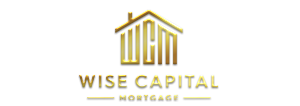FHA Mortgage Loans
FHA Loans Owning a home is a milestone that practically everyone strives for and is part of the American Dream. However, it is a major financial commitment and requires advanced planning and preparation to qualify for a mortgage loan. Fortunately, FHA loans have made it possible for more Americans to own a home without having perfect credit scores or a substantial down payment. Whether you are a current homeowner interested in refinancing your home or a first time homebuyer, an FHA mortgage may be perfect for you.
What Is an FHA Loan? An FHA loan is a mortgage-loan backed by the Federal Housing Association (FHA) that was implemented in 1934. The U.S. Department of Housing (HUD) designed the FHA loan so families with average incomes to afford to purchase a home. While you do have to meet certain criteria in order to qualify for an FHA loan, the FHA loan requirements are more lenient than conventional mortgage loans.
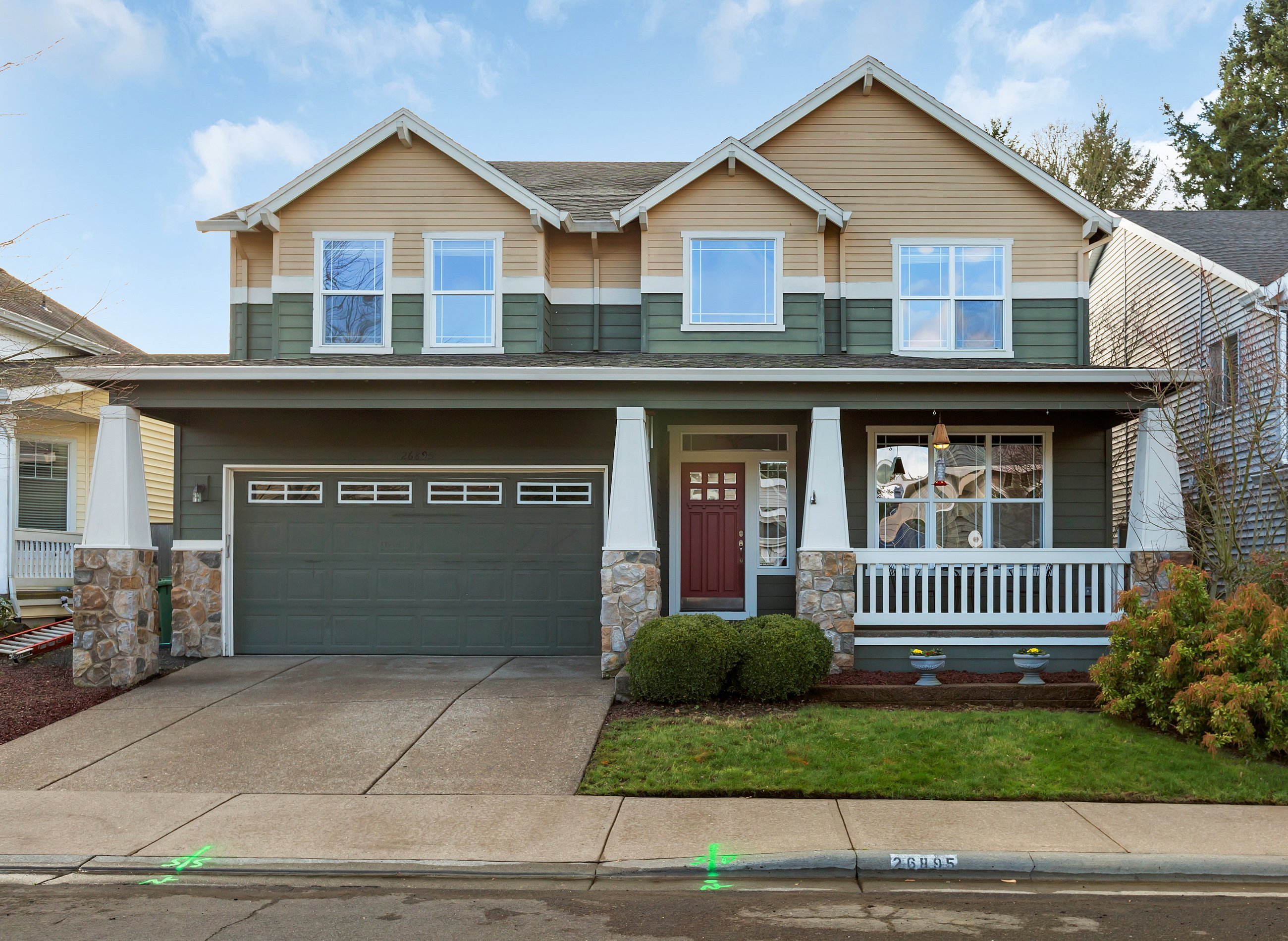
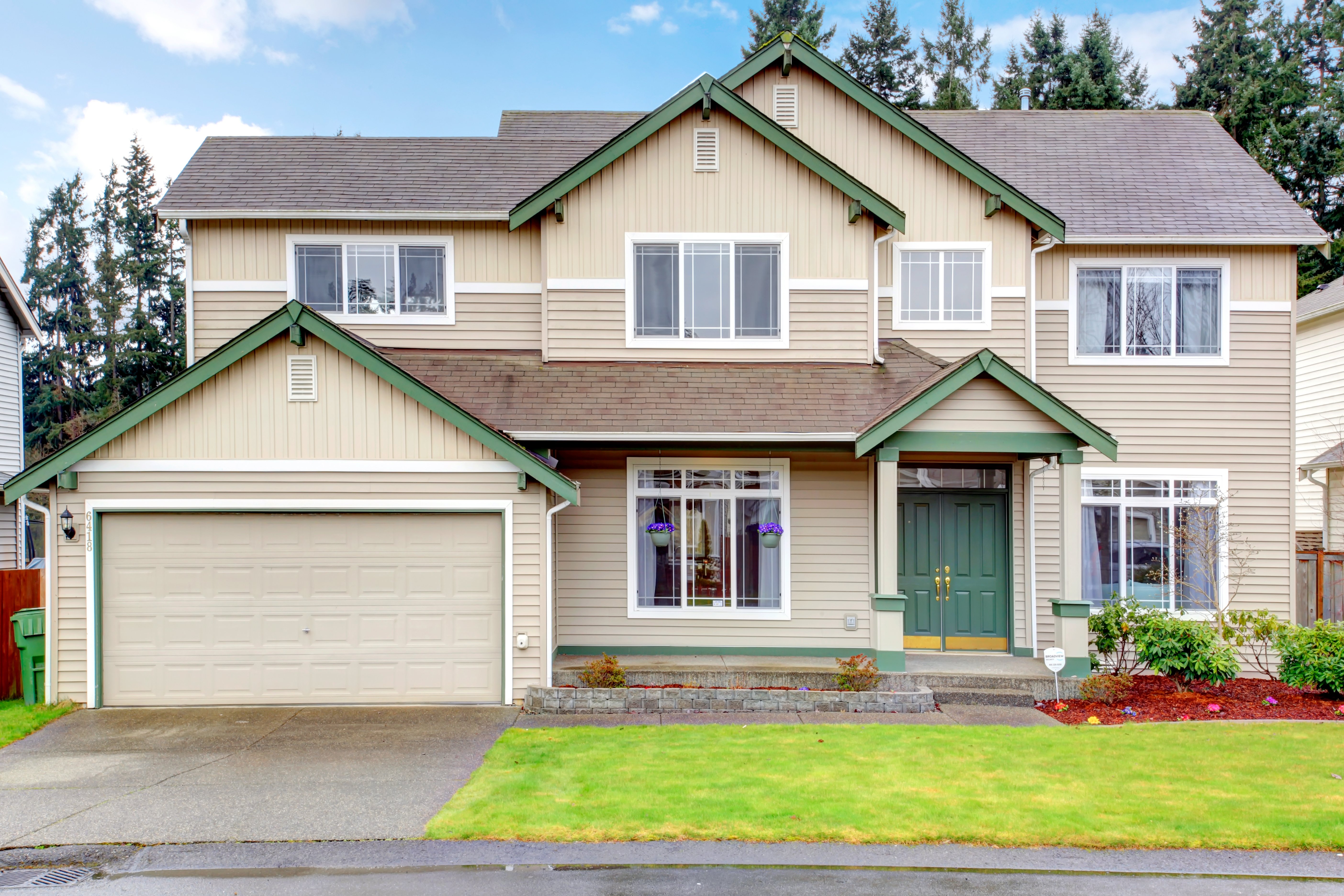
FHA Loan Requirments
What are FHA Loan Requirements? Most conventional mortgage loans require an impressive credit score to get good pricing. But FHA loans will ofter price better for lower Fico canidates and in lots of different income scenarios with hight DTI's allowed on FHA products. The requirements for an FHA loan are less stringent and include the following.
- The home being purchased must be the primary residence for the primary borrower
- The borrower must be 18 years of age or older
- Employment must have a steady income and proof of current employment
- Most recent tax returns, W2’s and paycheck stubs
- 24 months of employment history
- A 3.5% down payment with a FICO score of 580 or higher
- A 10% down payment with a FICO score between 500 and 579
The lower down payment requirements offered through FHA loans make owning a home more obtainable, especially for first-time home buyers who may lack the financial means for saving large sums. There are also options available for individuals who have dealt with prior foreclosures or bankruptcy.
How FHA Loans Work
How FHA Loans Work FHA loans are issued by private lenders, which are then guaranteed by the FHA. This guarantee reduces the risk to the lender and obligates the FHA to repay them if the borrower fails to pay as promised. Upon receiving approval for an FHA loan, the borrower agrees to pay a mortgage insurance premium (MIP) upfront, at a rate of 1.75%, as well as a month fee. For example, a 30-year fixed FHA loan of $250,000 would require $4,375 MIP paid upfront, at the 1.75% rate. The mortgage insurance enables the FHA program to exist and makes it worthwhile for lenders to approve FHA loans. In addition to this upfront MIP cost, the borrower is required to pay a monthly fee towards MIP as well; which typically ranges between 0.45% and 0.85 percent of the loan amount. Should a borrower default on a loan, HUD would assume responsibility for repaying the lender, and they would foreclose on the house and take possession of it.
FHA Loan Limits There are loan maximums that FHA will insure. This limit is referred to as the FHA lending limit and is determined by the limits of conventional loans. The limits on FHA loans increased in 2018 and ranging from $314,827 to $726,525, with 60% of the US falling within the lower spectrum. The ranges are area specific as well as housing type, including single-family, condominium units and duplexes. To check the loan limits in your neck of the woods and for up-to-date information please check your FHA Loan Limits here. https://entp.hud.gov/idapp/html/hicostlook.cfm
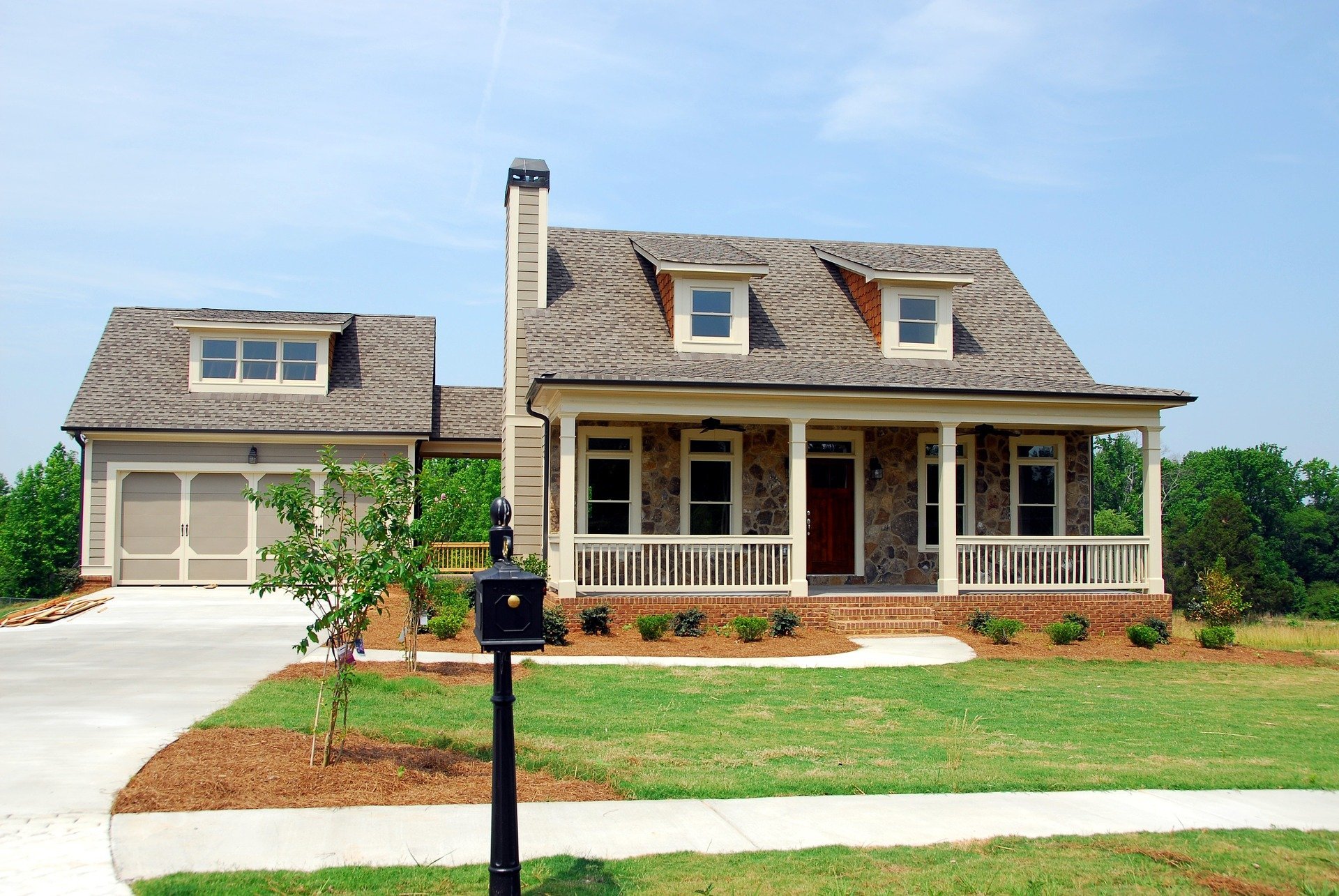
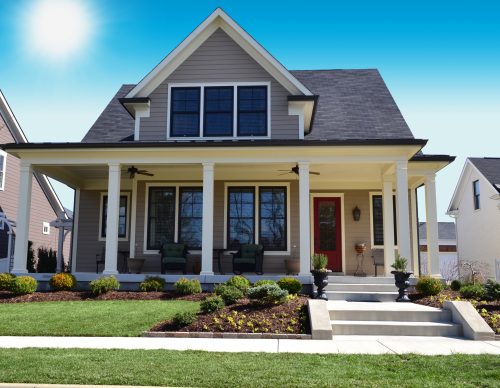
Your FHA Down Payment
Your FHA Down Payment A down payment is the amount of money the borrower is required to pay upfront upon getting approved through a mortgage lender. Your credit score determines the amount of your down payment with a score in the range of 500-579 requiring a 10% down payment and a score of 580 or above would require a 3.5% down payment. The percentage is based on the purchase price of your home.
The Affects of Your Down Payment on FHA Mortgage Insurance Premiums The MIP facilitates the existence of the FHA loan program and the MIP rates fluctuate based on your down payment. By providing a 3.5% down payment, the MIP rate will be 0.85%, and a down payment of 5% to 10% will lower that rate to 0.80%. If you acquire a loan of more than $625,000 then different MIP rates apply.
FHA Interest Rates FHA interest rates fluctuate and are dependent on lots of variables. Because FHA loans offer more flexibility in approval, the interest rates may be higher than that of a conventional loan. Interest rates generally range between 3.9% and 5.4%, but final rates are determined by the FHA loan approved lender as well as your credit score and the loan amount and terms.
FHA Closing Costs Closing costs are the summation of fees charged by lenders, mortgage brokers, and originators as well as other fees including appraisal costs, fees incurred from pulling your credit report and your credit score. FHA closing costs range between 2% and 5%. There are ways to lower your closing costs, which include the following. #1 – Raise your credit score by paying off debt, especially credit card balances. #2 – Negotiate with the lender to see if there is any flexibility. #3 – Compare rates among different title companies. #4 – Ask your real estate agent to negotiate with the seller to help pay towards the closing costs. The lender will provide you with an estimate of closing costs, in the form of a Good Faith Estimate. You are entitled to negotiate and ask questions regarding closing costs.
Who should consider an FHA mortgage loan? FHA loans make owning a home more affordable for first-time homebuyers and low-income homebuyers. It is also accessible to people who have had previous conventional and/or FHA mortgages. The flexibility of FHA loans makes it possible for lenders to work with applicants who have a high debt-to-income ratio or low credit score. It is also ideal for those unable to pay a large down payment. Another aspect of FHA loans is they consent to down payment gifts.
Down Payment Gifts FHA mortgage lenders permit down payment gifts as long as it meets FHA guidelines. For this, a gift letter for the down payment must be completed. The gift is acceptable when received from a charity, relative, your employer or a worker’s union. A monetary gift from a friend also qualifies as long as they consent to having a vested interest in you, the borrower.
FHA Property Standards There are certain standards that must be met in order to qualify for an FHA loan, which may differ by location. Homes that require renovations do not normally qualify. In general the FHA property standards include:
- Condos or town houses that are FHA approved
- Single-family homes
- 2 to 4 unit properties
- Certain mobile homes or manufactured homes
FHA Advantages and Disadvantages While the FHA loan opens the doors of opportunity for a multitude of people, as with anything, it has advantages and disadvantages. Advantages include:
- Low down payment
- Easy qualifications
- Typically better interest rates than conventional
- Sellers can contribute up to 6% of closing costs
- Offer refinance options for lower monthly payments
- Allows high debt-to-income ration
- Multiple FHA approved lenders to choose from
- Down payment gifts permitted
Disadvantages include:
- Higher mortgage insurance rates
- More paperwork than a conventional loan
- Limitations on qualifying home types and conditions
FHA loans provide options for people wanting to own a home. With requirements and qualifications offering so many leniencies, even if you have less than perfect credit scores and limited funds for a down payment, an FHA loan may be your ticket to finally buying a house and making it a home for your family. Contact us today!
Sign up to get information about FHA Loans, money saving opportunities and tips and tricks to save money when buying a home or completing a refinance.
Get A Home Loan Quote Noew
Have Us Figure Out What Loan Is Best For You Now
